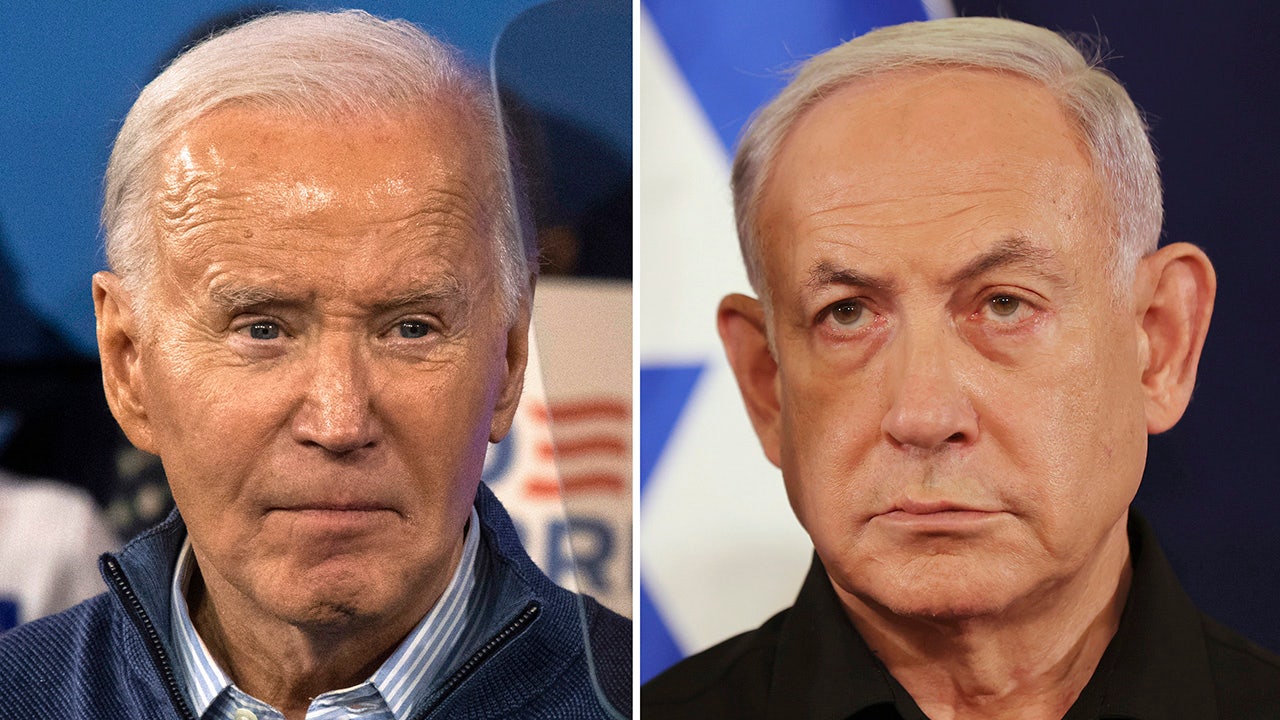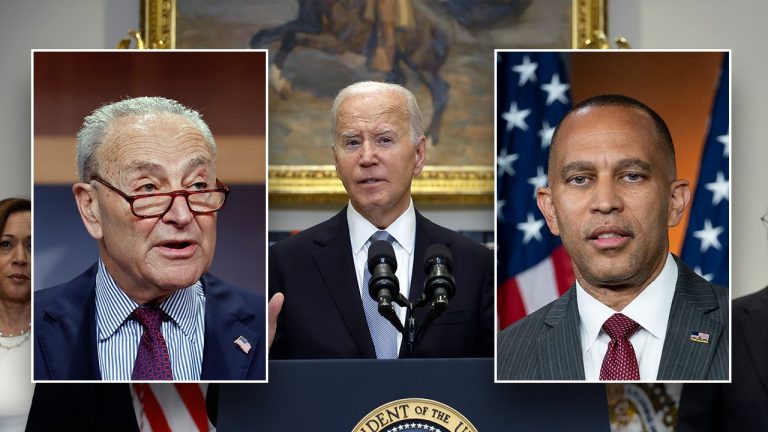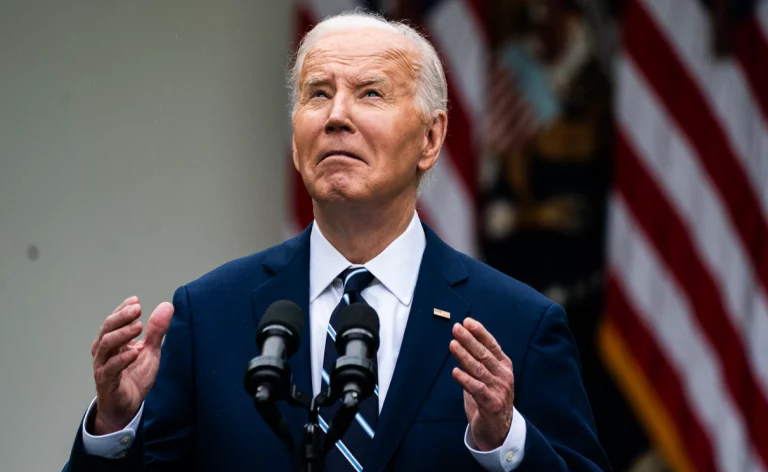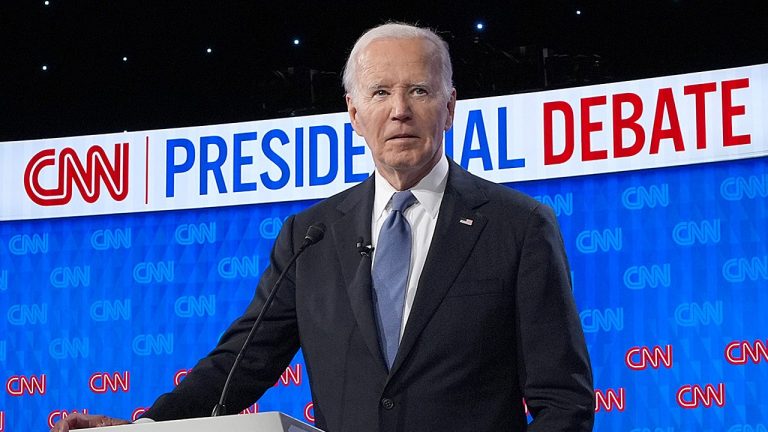Netanyahu criticizes Biden’s Gaza cease-fire plan as incomplete.
Israeli Prime Minister Benjamin Netanyahu has expressed concerns regarding the cease-fire deal proposed by Israel and the version described by President Biden, stating that there are “gaps” between the two. Netanyahu emphasized that Biden’s portrayal of the deal was “incomplete,” suggesting that it was not as comprehensive as Biden had indicated.
Netanyahu emphasized that the proposal presented by Biden lacks crucial details. He mentioned, “The war will stop in order to bring hostages back, and afterward we will hold discussions. There are other details that the U.S. president did not present to the public.” This uncertainty has raised questions about the efficacy and completeness of the proposed cease-fire agreement.
Furthermore, Netanyahu highlighted that Israel can halt the war for a maximum of six weeks, but not beyond that period. This limitation underscores the urgency and complexity of the situation in Gaza and the broader implications of any proposed cease-fire deal.
Adding to the tensions, Netanyahu warned, “Iran and all of our enemies are watching to see if we capitulate.” This statement reflects the geopolitical stakes involved and the pressure facing Israel in navigating this delicate diplomatic situation.
Following Biden’s announcement of the cease-fire proposal on Friday, Israel expressed reservations about the plan. A senior adviser to Netanyahu even deemed it as “not a good plan,” signaling discord within the Israeli leadership regarding the proposed agreement.
As tensions escalate, two Israeli ministers have threatened to resign from Netanyahu’s coalition if he accepts Biden’s deal. National Security Minister Itamar Ben-Gvir, a right-wing member of Netanyahu’s government, issued this ultimatum on Monday morning, further complicating the political landscape surrounding the cease-fire negotiations.
In his address from the White House, Biden outlined his “roadmap to an enduring ceasefire and the release of all hostages,” attributing the plan to intense diplomacy involving a U.S. delegation and the leaders of Israel, Qatar, Egypt, and other Middle Eastern nations. This emphasis on diplomatic efforts underscores the intricate nature of brokering peace in the conflict-ridden region.
Meanwhile, Hamas responded positively to Biden’s plan, noting its support for a permanent cease-fire, Israeli forces’ withdrawal from the Gaza Strip, reconstruction efforts, and an exchange of prisoners. This acknowledgment from Hamas adds another layer of complexity to the dynamics at play in the negotiations.
Biden detailed a three-phase plan in his speech, with the first phase spanning six weeks. This initial phase would entail a complete cease-fire, the withdrawal of Israeli forces from populated areas in Gaza, and the release of hostages. In return, Israel would release hundreds of Palestinian prisoners and allow civilians in Gaza to return to their homes and neighborhoods, encompassing all of the Gaza Strip.
The unfolding developments and diverging perspectives between Israel, the U.S., and Hamas underscore the intricate challenges of forging a lasting peace agreement in the volatile Middle East. The coming days will be critical in determining the trajectory of the cease-fire negotiations and the broader implications for regional stability and security.








